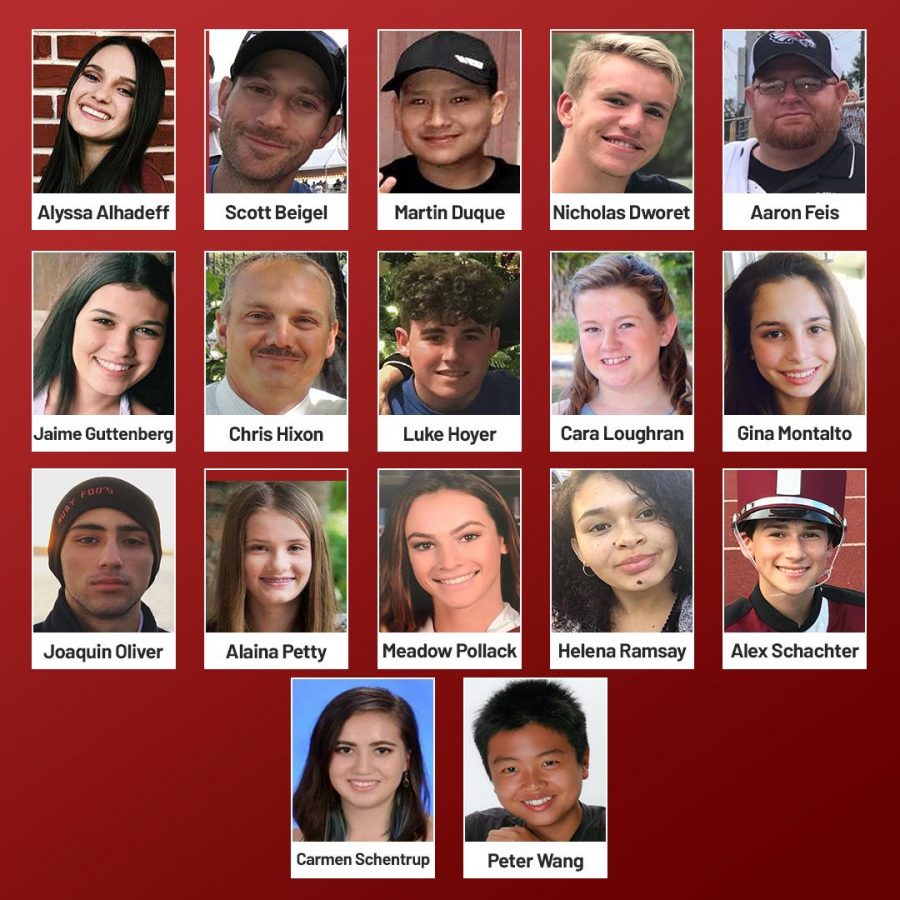“Parkland.” It’s a single word that can mean one of many places in the country. Washington State has a Parkland, an hour or so south of Seattle. El Paso, Texas has a Parkland district and a Parkland High School. Parkland Hospital in Dallas is famous as the facility to which John F. Kennedy was taken after his fatal shooting. The word “Parkland” carries with it a certain charm. “Let’s have a picnic in the parkland.” Ah, so nice.
However, one year ago, the word “Parkland” became something else. It became a word bearing a sinister undertone. Marjorie Stoneman Douglas High School, in Parkland, Florida became the epicenter of this country’s struggle with gun violence. Feb. 14, 2018, a 19-year-old former student entered the school through the freshman building. He killed 17 people and injured scores more.
Same Old, Same Old?
Yes, sadly, this has become an all-too-frequent occurrence in this country. “Not that mass shooting, the other mass shooting. On Tuesday. No, the other mass shooting on Tuesday.” Real conversations between real people, as we navigate what it means to live in the United States of America in this century.
But, there was something different about the massacre at Marjorie Stoneman High. The numbers weren’t extraordinary. There was nothing special about the loser shooter who committed the act. Sandy Hook, Aurora, Umpqua Community College, and so many others disappeared from the news.
Why didn’t Parkland go away?
There came out of the Marjorie Stoneman Douglas High School shooting a voice for change. This voice was a different kind of voice. It had the ring of youth to it.
The voice was met with push-back (as you would expect). Conservative commentator Laura Ingraham took a particularly cruel swipe at Douglas-Stoneman survivor student David Hogg, a survivor of the Parkland shooting who spoke up against gun violence. Ingraham later apologized.
Fox News talking head Pete Hegseth said he didn’t “want a lecture on the 2nd Amendment from a 16-year-old kid.” So far, Mr. Hegseth has not apologized for that statement.
In spite of the pushback, the voices against rampant gunplay continued unabated. People in high places heard their voices. In the months immediately following the Parkland massacre, Republican governors in Vermont and Florida signed far-reaching gun violence legislation in spite of opposition from the powerful and well-heeled gun lobby. Eight states passed “red flag” laws, These laws allow jurisdictions to prevent the mentally ill from having a gun.
Are there common sense compromises?
Probably, but first, we have to get beyond the “They’re coming for your guns” mindset of too many people standing in the way of reform. Gildshire would like to be confident about that, and it is the persistent voice of the survivors that gives us a glimmer of hope.
So are we nowhere since Parkland? Not exactly. Is it enough? Not even close. It is, however, a start for a society that is as deeply divided about guns as they are any other issue.
For today, though, let us take a moment to remember the people who lost their lives that day:

The victims of the Marjorie Stoneman Douglas High School shooting.




